
The story of "being a daughter-in-law to a hundred families"
The people of Loc Thuong (Que Hiep commune, Que Son) still regret the university degree that Nguyen Phuoc Tay kept in his closet. In their eyes, the story of the young man Nguyen Phuoc Tay deciding to put his university degree in the closet, then pack up and go to the mountains to grow vegetables, is somehow... "wrong".
“Why did you graduate with a degree in Information Technology (Hue University of Sciences ), but instead of pursuing this “hot” career, you chose to do wild vegetable business?” - I asked Nguyen Phuoc Tay.
“Actually, it’s not that strange. Like other young people, after graduating, I tried my hand at information technology, from an advertising design company to a real estate company… But I realized that I like to travel more. I experienced office and computer work in Da Nang and then went to Nha Trang (Khanh Hoa) to become a Youtuber. But, everywhere I found it… unsuitable. Maybe that’s why I wanted to “untie” my life with a different direction,” Mr. Tay confided.
If we say “people choose careers” or “careers choose people”, then Nguyen Phuoc Tay belongs to the second case. His path to the wild vegetable business is very strange, like fate.
Going back in time about 3 years ago, Tay participated in volunteer activities with many groups of young people in Nam Tra My. “At that time, I just thought simply of wandering around with people and joining hands with them to do useful things for children and fellow countrymen here” - Tay said.
It is difficult to count the number of children in the mountainous areas of Nam Tra My district that he has connected with philanthropists to help… Just scrolling through Tay’s personal page, you will see hundreds of pictures from the activities he participated in.

The ways in which he “sows good” are also quite diverse. Whatever the children in the mountainous areas lack, within his ability, he calls for, connects with, supports, and helps. These are energy-saving light bulbs, schoolyard canopies, work tools, food, clothes…
“I post everything on my personal page, not to tell stories, but to let those who support me financially, in kind, or even connect me with other benefactors, know the results of my work,” Mr. Tay shared. For him, helping people is not as easy as people think, but is associated with the story of “serving a hundred families”. Sometimes things are not as simple as just opening your heart to life. All steps from calling for money to distributing gifts… must be done transparently and publicly, otherwise it is easy to be criticized.
One time, he was carrying about 60kg of charity goods on his motorbike to the village. While moving on the clay road, the old motorbike got stuck in the mud and died.
“It was noon, the whole road was deserted. I had to wait until 3pm before an ethnic minority person passed by and helped push the cart up. The cart couldn’t go any further, so I had to carry the goods up the mountain. It was already 7pm when I arrived,” Mr. Tay recalled.
Asked why he chose mountain children as the target to "support" in his "giving" journey, Mr. Tay confided: "I like mountain children because they are very innocent and naive. Moreover, because of difficult economic conditions, they lack many things, so any help and sharing is very precious. The clothes or lunches, although not worth much, more or less create a little joy for the children on their way to school, nurturing beautiful dreams for the future. Seeing them clinging to each other with the gifts they received makes me happy too."
Wild vegetables in the street
The reason for Nguyen Phuoc Tay’s “fate” with wild vegetables is also quite strange. It started with a charity trip, after almost finishing giving gifts to a group of children, Tay saw a child carrying vegetables around the village to sell.

“I don’t know why I was so attracted to that image. In the following days, the idea kept popping up in my head, why don’t I try to collect this vegetable and bring it back to the city to sell?” And then, he was determined to make that idea come true.
The first thing to do is to “build” the output. Nguyen Phuoc Tay went to all the restaurants, shops, and markets in Da Nang City, wandering around to learn about the wild vegetable market.
Unexpectedly, this “parking lot” brought about a very favorable start. The bunch of wild vegetables he brought along to introduce received enthusiastic “nods”. However, he still thought he was just “playing”, taking things as they come, and “playing” has no chance of “making it for real”.
“Unexpectedly, it was just for fun and actually paid off. The demand for a few kilos gradually increased to dozens of kilos, hundreds of quintals... And now it’s not enough and there are too many people calling to order,” Mr. Tay excitedly said.
Seeing that the situation of buying and selling for long-term profit seemed “not good”, Nguyen Phuoc Tay changed his “strategy” for trading wild vegetables. Combining his volunteer trips, he raised the issue of renting land from people in the mountainous district of Nam Tra My to open vegetable gardens.
Like other businesses, when he first started his career, Mr. Tay was often "bombed" by customers (meaning they did not accept the vegetables - PV). At times like that, he received the love of philanthropists. Each person, a little, joined hands to "rescue" Tay's wild vegetables.
At first, he had to pick the vegetables himself and transport them to the street to sell. Now, this job has "run" like a "closed production line". When the vegetables are ready to be harvested, someone cuts them. When the vegetables are cut, someone transports them to the street. When the vegetables are brought to the street, someone distributes them to restaurants, shops, markets, etc.
The number of gardens has reached 2 hectares in Tra Tap commune. Nguyen Phuoc Tay is planning to open another 1.5 hectares from the hill gardens that people do not produce.
Most of the food has a rustic origin from the mountains, and is welcomed and preferred by city dwellers. Therefore, in addition to selling wild vegetables, he also sells accompanying products originating from the highlands such as wild honey, wild bananas, wild bamboo shoots, etc. “Someone said that I grasped the social trend of using clean products. The decision to invest in and sell wild vegetables is “scratching the right itch” of city dwellers,” Mr. Tay shared.
A startup story that started from journeys has gradually seen sweet results. Volunteering for Tay is not just the beginning of a relationship with the mountains and forests. In the baskets of vegetables on the street, there are stories of sharing. Tay said that in the activities he regularly organizes for children, there is profit from the sale of wild vegetables.
Source





![[Photo] 60th Anniversary of the Founding of the Vietnam Association of Photographic Artists](/_next/image?url=https%3A%2F%2Fvphoto.vietnam.vn%2Fthumb%2F1200x675%2Fvietnam%2Fresource%2FIMAGE%2F2025%2F12%2F05%2F1764935864512_a1-bnd-0841-9740-jpg.webp&w=3840&q=75)

![[Photo] National Assembly Chairman Tran Thanh Man attends the VinFuture 2025 Award Ceremony](/_next/image?url=https%3A%2F%2Fvphoto.vietnam.vn%2Fthumb%2F1200x675%2Fvietnam%2Fresource%2FIMAGE%2F2025%2F12%2F05%2F1764951162416_2628509768338816493-6995-jpg.webp&w=3840&q=75)


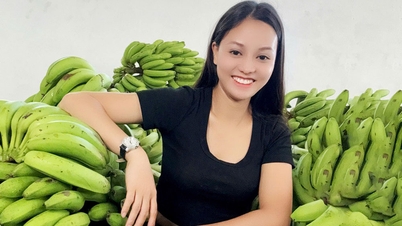



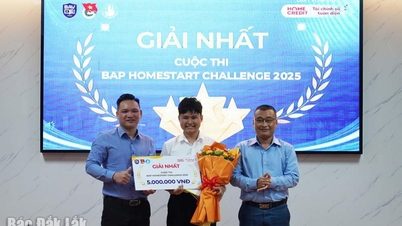



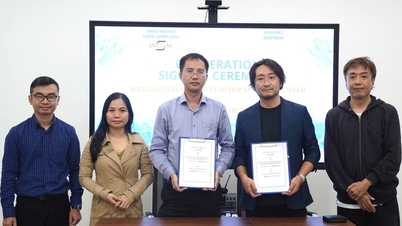
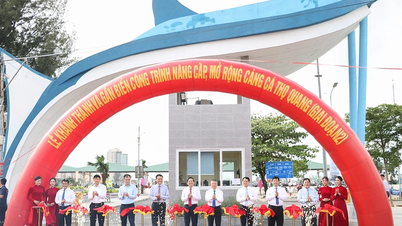





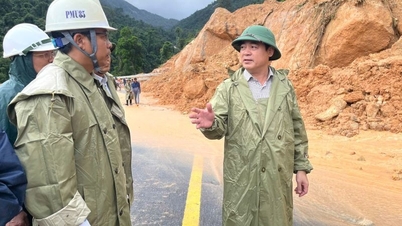








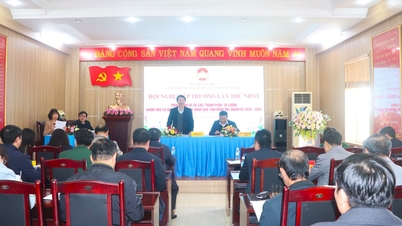





















































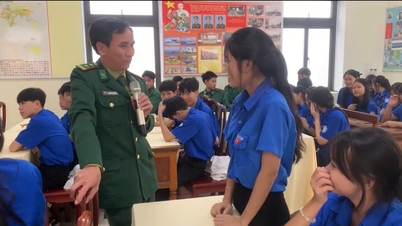



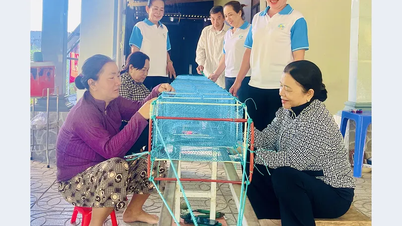



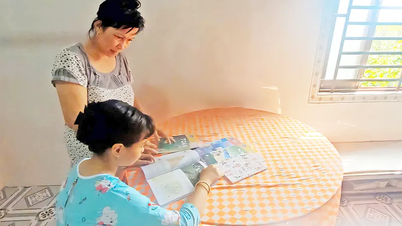










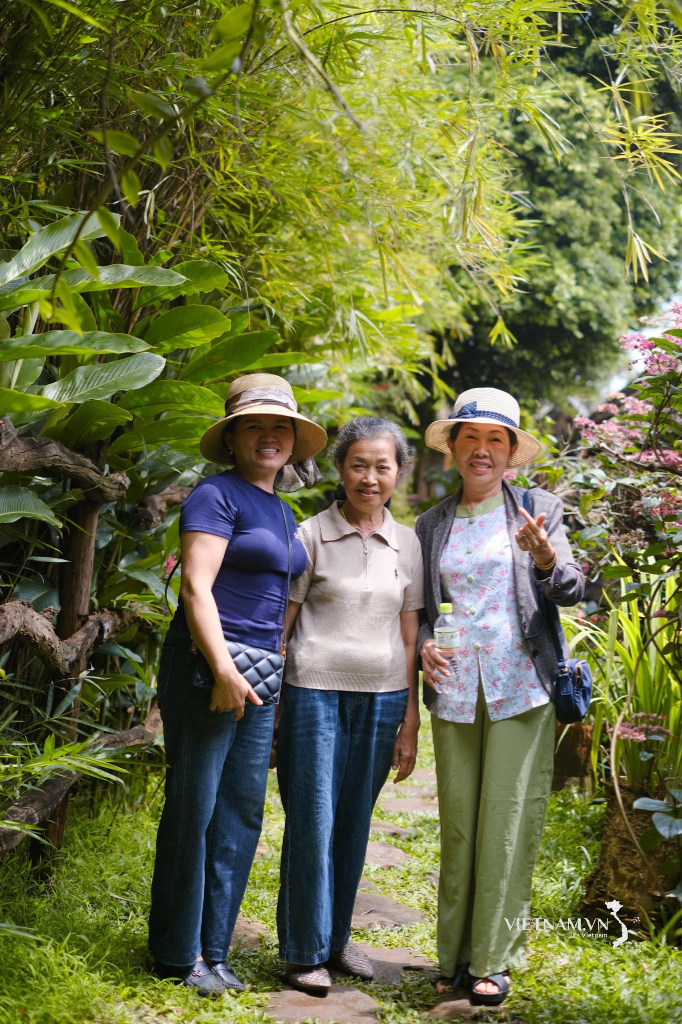





Comment (0)